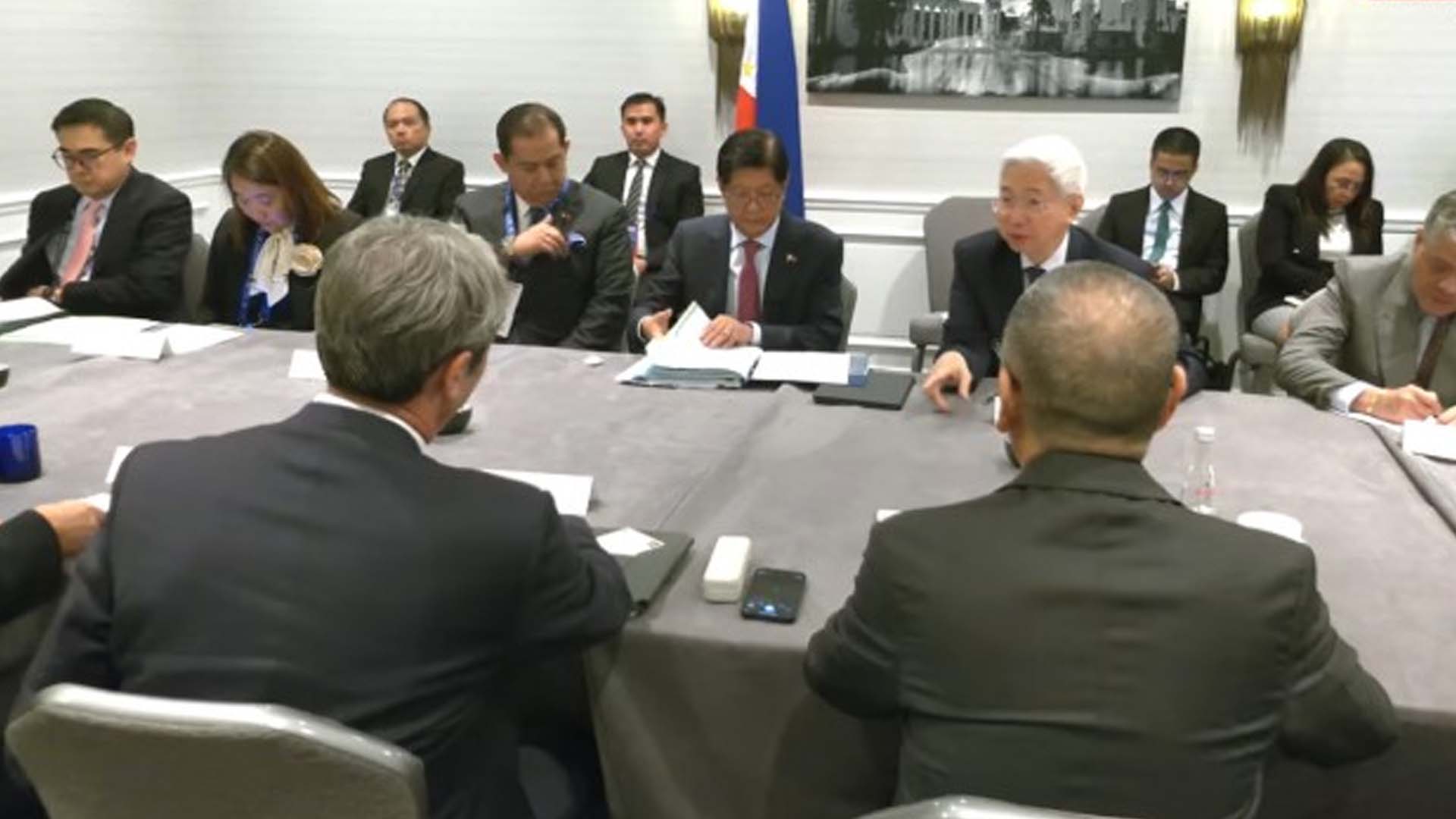President Ferdinand R. Marcos Jr. on Thursday (Manila time) expressed the Philippines’ readiness to work with the United States (US) for the development of the semiconductor industry.
During a roundtable meeting with the US’ Semiconductor Industry Association (SIA) in San Francisco, California, Marcos said his administration puts the semiconductor and electronics industries as among its top priority sectors.
“You can depend on partners in the Philippines that we are ready to work with you. From the government, the Department of Trade and Industry, the Board of Investments, the Philippine Economic Zone Authority will all be at the forefront,” Marcos said.
“From the private sector, we have the Semiconductors and Electronics Industries in the Philippines Foundation, represented today by the Chairman and some of its member-companies. Another is the Private Sector Advisory Council or the PSAC, the members of whom come from different private sector groups,” he added.
Marcos noted that Republic Act 11534 or the Corporate Recovery and Tax Incentives for Enterprises (CREATE) Act can grant incentives for up to 40 years for highly desirable projects with a minimum investment capacity of PHP50 billion (roughly more or less USD1 billion) or at least 10,000 job generation.
He also touted the 50 million-strong Filipino work force who are “highly educated, English proficient, and highly trainable with very fast learning curves.”
“We assure you of this Administration’s support to keep industrial peace, provide a world-class workforce that is responsive to the needs of the industry, and enhance the business environment that will be conducive to further growth,” Marcos said.
Marcos said the government is exhausting all efforts to further capacitate Filipino workers to become “work-and future-ready” and remain globally competitive for priority industries such as the semiconductor industry.
In a Facebook post, state-run Radio Television Malacañang shared a video of Marcos’ meeting with the executives of the Vishay Siliconix.
Vishay, through its subsidiary, Siliconix, is one of the leading companies in the development of power semiconductor products that improve the efficiency of power management circuitry in end products while reducing space requirements.
As one of the world’s best brands in low-voltage power MOSFETs (metal-oxide semiconductor field-effect transistors), Vishay Siliconix products play a significant role in making handheld and portable electronic systems that are operating more efficiently from smaller and lighter battery packs.
Vishay Siliconix’s higher-voltage MOSFETs are also used for applications from electric motor control in industrial systems to convert power in the switches and routers, enabling the world’s communication networks.
During the meeting, Trade Secretary Alfredo Pascual discussed Vishay’s plans to expand its presence in the Philippines, according to a statement posted on RTVM’s official Facebook page.
Communications Secretary Cheloy Garafil said the Philippines seeks to participate in the US semiconductor value chain, in relation to the CHIPS Act and President Joe Biden’s issuance of an executive order to work with American allies and partners to strengthen the collective supply chain resilience.
“And as the US increases its front-end wafer capacity for advanced technologies and products under the CHIPS Act, the Philippines stands ready to absorb and support the additional corresponding capacity for assembly, packaging, and test that will be required,” Garafil said.
“But it also seeks to go beyond and higher in the value chain, such as in chip design and is earnest in increasing its activity in this space, for which partnership with the SIA and its members would significantly accelerate the realization of that aspiration,” she added.
Garafil said the government’s plan can be done through the establishment of a lab-scale wafer fabrication facility in the country to support the Science and Technology Center that the Semiconductor and Electronics Industries of the Philippines Foundation Inc. (SEIPI) is proposing.
She added that having a Philippine-based US semiconductor company to build a proof-of-concept wafer fab near its facility, with the participation of promising candidates such as Texas Instruments and Analog Devices, is another viable alternative.
“And under the CHIPS Act, there may be facilities that can be tapped for human resources development and capacity-building training so Filipino workers can better support the semiconductor and electronics operations of US companies in the Philippines,” she said. (PNA)







